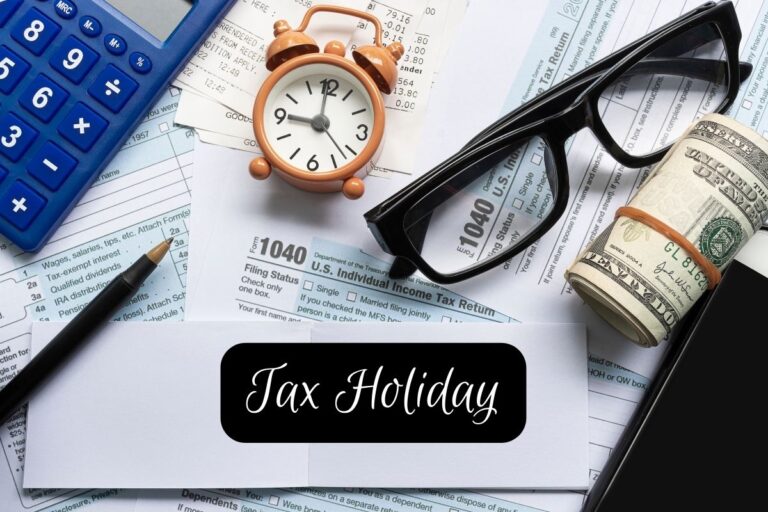[responsivevoice_button rate=”1″ pitch=”1.2″ volume=”0.8″ voice=”US English Female” buttontext=”Story in Audio”]
How TikTok’s Talks With Microsoft Turned Into a Soap Opera
Even if one does take place, a TikTok sale — which has become a referendum on the U.S.-China relationship — may still be disrupted if Beijing or Mr. Trump weigh in. Mr. Trump has been highly involved, including talking to Microsoft’s chief executive, Satya Nadella, and saying that Oracle could handle buying TikTok. In an Aug. 6 executive order, he imposed a deadline for TikTok’s U.S. operations to be sold by Sept. 15.
On Monday, TikTok sued the U.S. government, arguing that the executive order had deprived it of due process. The suit could give TikTok more time to operate in the United States if the courts order it, a stalling tactic that may help the app wait it out past the Nov. 3 election.
Steven Davidoff Solomon, a law professor at the University of California in Berkeley, who contributes to The New York Times, said the United States’ forcing such a huge company to sell itself was “really unprecedented.” He added, “This is a forced sale, and ByteDance is trying to keep it from being as much of a fire sale as possible.”
This account of TikTok’s deal discussions was based on interviews with more than a dozen people who were involved in or were briefed on the situation. They spoke on condition of anonymity because they were not authorized to speak publicly.
Representatives from TikTok and ByteDance, Microsoft, Netflix, Twitter, Oracle and the White House declined to comment.
A spokesman for China’s Foreign Ministry, Wang Wenbin, called Mr. Trump’s executive order a “naked act of bullying,” and added that the U.S. government would eventually “reap what it sows.”
TikTok, which ByteDance created partly out of a $1 billion purchase of the lip-syncing app Musical.ly in 2017, has become a phenomenon in the United States and elsewhere. More than 100 million Americans regularly use the app, the company has said, especially teenagers and twentysomethings.




























